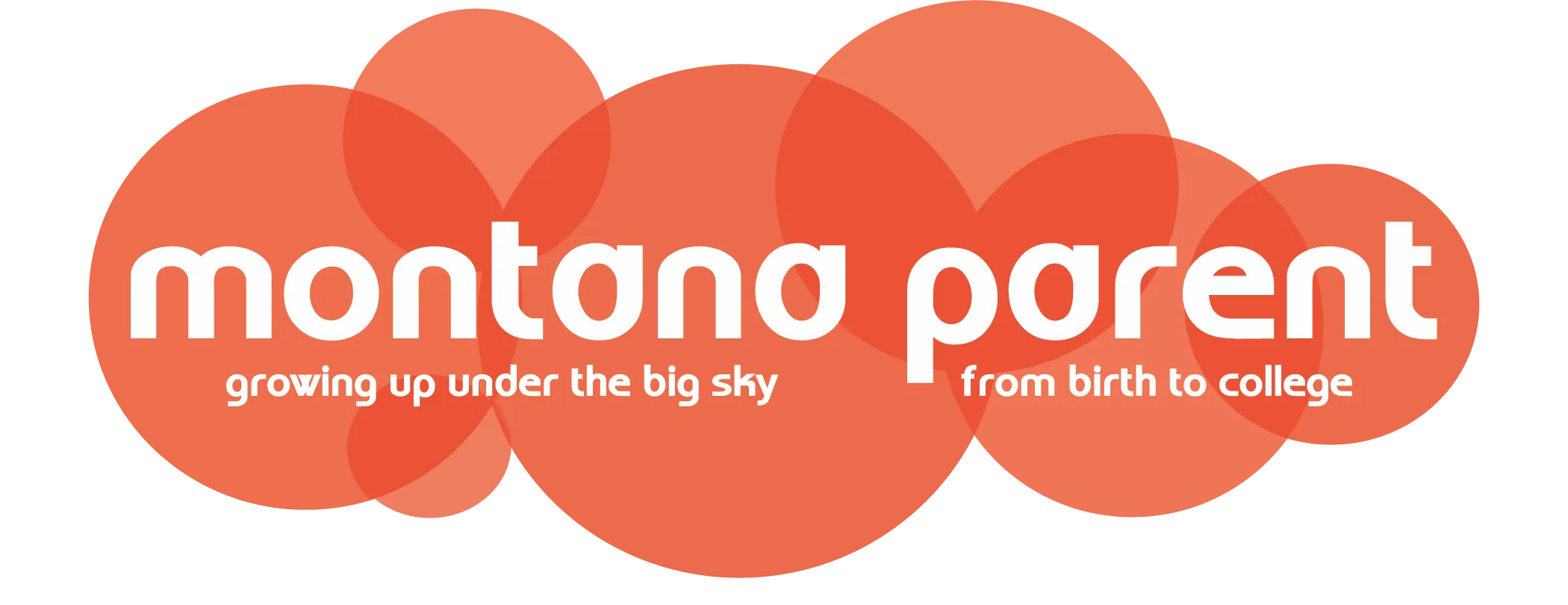What are the resources in our community if you suspect that your child has a developmental delay?
January 24, 2013
Posted By: Shaunescy
This month's issue is all about Babies and when I think back to being a new mother I can vividly recall all of the joy and fear associated with that time. We joked about the 30 page handbook for the seemingly spacecraft grade carseat as we put our son into it for the very first time. I can recall that fierce sense of love and protection as we headed down the hall to go outside. It was a whole new world. When we got home, after driving about 15 mph the whole way, I really began about wondering where the 'big' parenting manual was.
My hubby always says that your parents and your life have written your guidebook. As an adult and parent now yourself, sometimes you have to rip some of the pages out and write new ones. The willingness to learn through that process is the very first lesson that you will teach to your kids.
So, you read the What to Expect books and the Baby Book and you watch and you assess and you try to gauge where your child is developmentally. And what do you do if have a concern?
Locally there are many resources available to help you get in the driver's seat. Under Part C of the IDEA, Early Intervention services are Federally funded.
from lawyers.com :
"The Individuals with Disabilities Education Act (IDEA) is probably best known for its goal of making sure that children with certain disabilities get a "free appropriate public education," or FAPE. This includes special education and other services specifically designed to meet each child's special needs. This is known as Part B of the IDEA. It applies to eligible children between the ages of 3 and 21.
Many parents may not know about Part C of the IDEA, though. Under this part, certain children under three years old, and their families, are entitled to various kinds of assistance and services.
What Part C Provides
Part C provides early intervention services for infants and toddlers (up to 3 years old) who have developmental delays; or have been diagnosed with physical or mental condition (like blindness or Down Syndrome) that creates a high probability that the child will suffer a developmental delay. Some states cover children who are at risk of experiencing a substantial developmental delay if they don't receive early intervention services.
So, what's all that mean, exactly?
Early intervention services can be any number of services, education and support mechanisms that help your child's physical, cognitive, communication, social, emotional or adaptive development. The special rules or "regulations" for Part C list possible early intervention services. Some examples include family training and counseling, nursing assistance and physical therapy.
Generally, a developmental delay is when an infant or toddler develops or matures at a slower rate than other children her age when it comes to her communication skills or her physical, cognitive, adaptive, or social or emotional development. For example, a two-year-old toddler who isn't talking yet may have a developmental delay in her communication skills."
--------------------------------------------------
In Montana, Early intervention services are Federally and State funded and administered through Family Outreach (for Bozeman, Butte and Helena) and the Child Development Center(for Missoula and Kalispell).
They provide free screening and help families get the access to necessary services and therapies to help with possible developmental delays including:
- Autism Spectrum Disorder
- established medical conditions, such as chromosomal or genetic disorders, infectious diseases, neurological disorders, congenital malformation, sensory disorders, severe attachment, and toxic exposure
- physical
- cognitive
- communication
- social-emotional
- adaptive
Eligibility can be determined through developmental assessment and gathering information from other sources.
For more information:
Helena Office: 1212 Helena Ave, 406-443-7370
Butte Office: 641 Sampson, 406-494-1242
Bozeman Office: 1315 E. Main Street, 406-587-2477
or
Missoula Office: T-214 Fort Missoula, 406-549-6413
Kalispell Office: 1725 MT Highway 35, 406-755-2425














